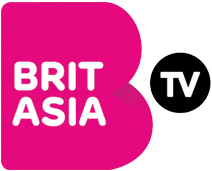Twitter has been accused of bowing to government pressure in India by blocking scores of prominent journalists, politicians and activists from its platform in recent weeks.
The Indian government issued notices to Twitter to remove people in the aftermath of an internet shutdown in Punjab during the search for a leader of Waris Punjab De.
Twitter agreed to block more than 120 accounts, including the Canadian politician Jagmeet Singh, the Canadian poet Rupi Kaur, several journalists and an Indian MP. Twitter also blocked the handle of the BBC’s Punjabi bureau.
Jaskaran Sandhu, the Toronto-based co-founder of Baaz News, an outlet focused on the Sikh diaspora, received an email from Twitter on 21 March that said his account had been withheld in India. In the email, seen by the Guardian, no specific tweet or activity by Sandhu was cited by Twitter for its action.
“The Indian government has made it a norm to take draconian measures and crack down on dissent coming from Sikh or other minority communities,” Sandhu said. “Twitter’s actions are just another example [that imply] civil liberties and democratic rights are under attack.”
“My entire account, not any tweet, has been banned in India. It is blanket censorship. And there is absolute silence from Twitter on this.”
Freedom House, a US-based nonprofit organisation, has accused the prime minister Narendra Modi’s government of “driving India toward authoritarianism” and in 2021 downgraded India’s status from ‘free’ to ‘partly free’.
India, the third-largest market for Twitter after the US and Japan, is proving to be one of its biggest challenges. Responding to a tweet about censorship in India, Elon Musk, who completed a takeover of Twitter in October and calls himself a “free speech absolutist”, tweeted: “It is not possible for me to fix every aspect of Twitter worldwide overnight, while still running Tesla and SpaceX, among other things.”
Social media platforms including Twitter had been seen as one of the remaining avenues for Indian people to express dissent, after traditional media houses largely caved in to pressure from the government to toe its line.



